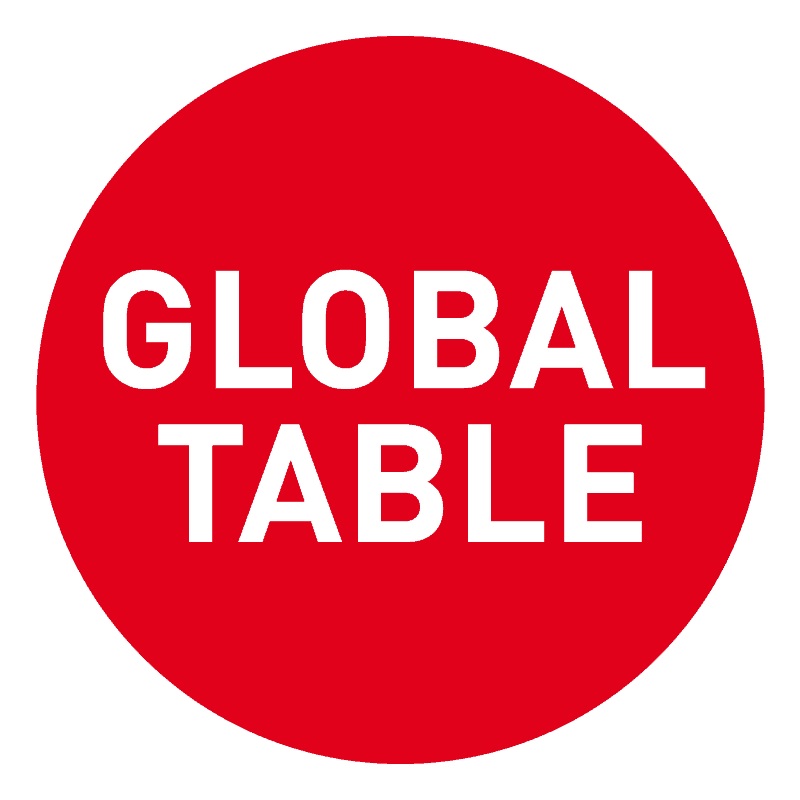
What can the G20 do to ensure a human centered trading system that benefits all countries?
While the world economy continues to be as connected by trade in goods and services as never before, the institutions governing global trade face an enduring crisis. Complemented by my-country-first narratives and rising tariff barriers by an increasing number of political leaders around the world, free trade is challenged. New types of trade, in services and data, create new challenges and require multilateral agreements to adequately govern them. And the COVID-19 pandemic makes the weaknesses of the optimized global production networks apparent. All these issues and problems have in common that the people can no longer fully benefit from trade. After a long period with a trading system fulfilling predominantly corporate interests, it is now time to step back and ensure a trading system that is centered on human needs and gains and that benefits all countries. This Global Table will discuss the required policy approaches.
Keynote
You are currently viewing a placeholder content from Youtube. To access the actual content, click the button below. Please note that doing so will share data with third-party providers.
More InformationPanel Discussion
You are currently viewing a placeholder content from Youtube. To access the actual content, click the button below. Please note that doing so will share data with third-party providers.
More InformationSpeakers
Keynote

Dani Rodrik
Harvard University, USA
Panel

Susan Ariel Aaronson
CIGI, USA

Gabriel Felbermayr
Kiel Institute for the World Economy

Anabel Gonzalez
PIIE, USA

Pascal Lamy
Jacques Delors Institute

Moderator:
Michaela Küfner
Deutsche Welle
Voices of the 2020 Young Global Changers
You are currently viewing a placeholder content from Vimeo. To access the actual content, click the button below. Please note that doing so will share data with third-party providers.
More InformationNinety young people from around the world were selected to participate in the 2020 Global Solutions Summit as Young Global Changers. These young changemakers from academica, business and civil society contribute and debate in their various working groups on the Summit topics. Watch the video with statements and questions by the YGC Working Group on Trade, Investment and Growth!
The Young Global Changers regularly contribute to the Young Global Changers blog. Browse through the YGC blog and read more articles on trade and related topics, written by the Young Global Changers’ community.
Policy Recommendations, Policy Briefs and Articles
Policy Briefs on Trade, Investment and Growth
Policy Briefs contain recommendations and visions and cover policy ares that are of interest to G20 policymakers. The majority of the Policy Briefs has been developed by a corresponding T20 Task Force.
T20 Recommendations Report: Trade, Investment and Globalization
Compiled by Juliane Stein-Zalai (IfW Kiel) and Simon Wolf (Global Solutions Initiative)
Checking the Chain: Achieving Sustainable and Traceable Global Supply Chains Through Coordinated G20 Action
By Adina Spertus-Melhus and Linn von Engelbrechten (Hertie School)
Global Trade Cooperation after COVID-19: Can the G20 Contain Disintegration?
By Peter Draper (Institute for International Trade, University of Adelaide)
How COVID-19 will change the nation’s long-term economic trends
By Mark Muro, Tracy Hadden Loh, Martha Ross, Jenny Schuetz, Annelies Goger, Nicole Bateman, William H. Frey, Joseph Parilla, Sifan Liu, and Adie Tomer (Brookings)
The fiscal response to the economic fallout from the coronavirus
By Julia Anderson, Enrico Bergamini, Sybrand Brekelmans, Aliénor Cameron, Zsolt Darvas, Marta Domínguez Jíménez (Bruegel)
What Can We Do to Manage the Economic Consequences of COVID-19?
By Fatih Özatay, Güven Sak (TEPAV)
Coronavirus and African Economies: Are Dominoes Starting to Fall?
By Giulia Pellegrini (ISPI)
Coronavirus: economic threat, political response and implications
By Federico Steinberg (Elcano Royal Institute)
The coronavirus pandemic and US consumption
By John Muellbauer (VoxEU)
How Covid-19 Could be Like the Global Financial Crisis (or worse)
By Nora Lustig and Jorge Mariscal (IPSP)
Africa after COVID-19 and the retreat of globalism
By Elizabeth Sidiropoulos (SAIIA)
The WTO needs a Plan B – Global Solutions Journal
Vas-Y: Public-privatepartnership model for unlocking private investment for fragile states – Global Solutions Journal
A crisis in times of crisis: Combating COVID-19 under sanctions in Iran?
By Sonali Chowdhury, Anna-Katharina Jacobs & Kathrin Kamin (Kiel Institute for the World Economy)
The economics of wage compensation and corona loans: Why and how the state should bear most of the economic cost of the COVID lockdown
By Jean-Philippe Bonardi, Marius Brülhart, Jean-Pierre Danthine, Eric Jondeau & Dominic Rohner (University of Lausanne)
Rescuing the labour market in times of COVID-19: Don’t forget new hires!
By Christian Merkl (University of Erlangen-Nuremberg) & Enzo Weber (University of Regensburg)
The Helicopters Are Coming
By Willem H. Buiter (Columbia University)
The Greater Trade Collapse of 2020: Learnings from the 2008-09 Great Trade Collapse
By Richard Baldwin (Graduate Institute Geneva)
The supply side matters: Guns versus butter, COVID-style
By Richard Baldwin (Graduate Institute Geneva)
Building effective short-time work schemes for the COVID-19 crisis
By Giulia Giupponi (Institute for Fiscal Studies) & Camille Landais (London School of Economics)
The labour market policy response to COVID-19 must save aggregate matching capital
By Shigeru Fujita (Federal Reserve Bank of Philadelphia), Giuseppe Moscarini (Yale University) & Fabien Postel-Vinay (University College London)
Supply chain contagion waves: Thinking ahead on manufacturing ‘contagion and reinfection’ from the COVID concussion
By Richard Baldwin (Graduate Institute Geneva)
The G20 should expand trade to help developing countries overcome COVID-19
By Anabel González (PIIE)
Yes, medical gear depends on global supply chains. Here’s how to keep them moving.
By Anabel González (PIIE)
A memo to trade ministers on how trade policy can help fight COVID-19
By Anabel González (PIIE)

